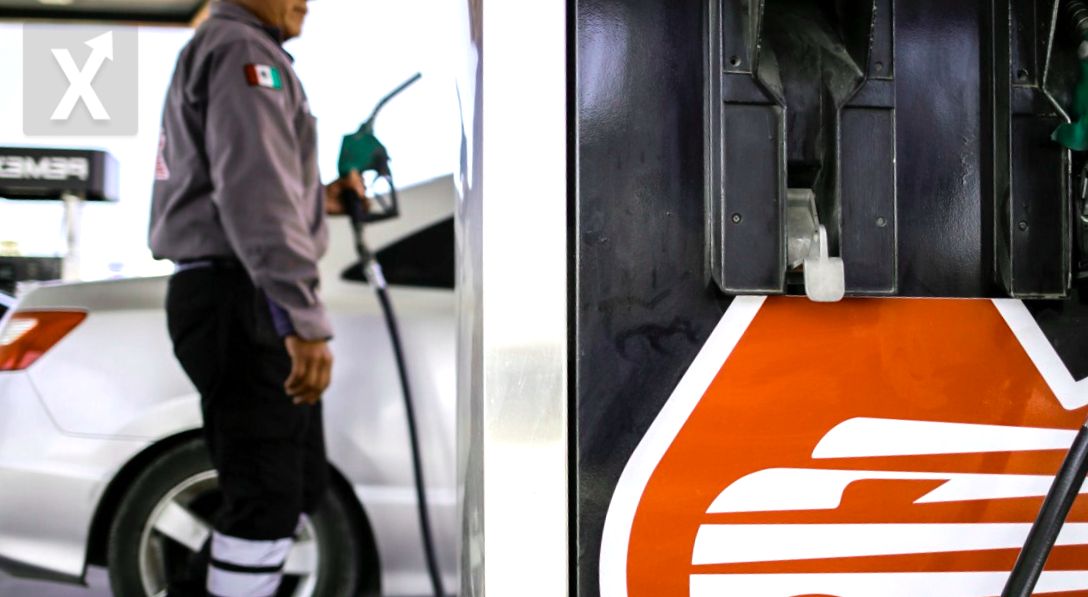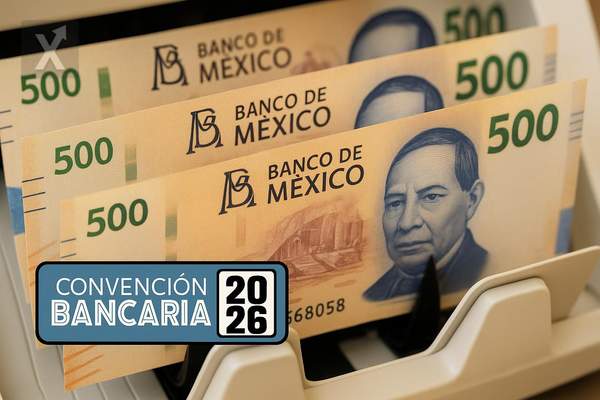Impact of Fuel Subsidy Elimination in Mexico

The removal and cuts to subsidies for gasoline and diesel implemented by the Ministry of Finance and Public Credit (SHCP) pose a barrier for Mexican citizens to see notable reductions in final prices, despite the projected drop in oil prices and its derivatives by the end of this year. This Friday, Magna, Premium, and diesel fuels have gone two consecutive weeks without any discounts on the Special Tax on Production and Services (IEPS). Now, they are entering their third week without reductions from September 21 to 27, according to information provided by the SHCP in the Official Journal of the Federation (DOF).
“On the international front, expectations of reduced economic growth in China are beginning to alter the oil outlook regarding crude prices toward the end of the year, which implies lower fuel quotes, potentially leading to a decrease in gasoline prices,” commented Arturo Carranza, Director of Energy Projects at Akza Advisors. However, the elimination of subsidies by the Ministry of Finance, due to the need to increase revenue, will prevent this from materializing in Mexico. When gasoline prices rise, the Ministry reduces the IEPS rate applied to these fuels, trying to avoid sharp increases in final prices, which means less tax collection for the government, explained Ramses Pech, an analyst at Caraiva and Asociados-León & Pech Architects. On the other hand, when prices drop, the Ministry increases this rate up to its maximum level, which prevents final prices from reflecting that decrease, even if distributors buy fuel at lower costs. This, in turn, generates higher tax revenue. From January to July, the Ministry collected 232.207 billion pesos from the IEPS on fuels, representing a 92% increase compared to the same period last year. However, while revenue is growing, citizens are facing lower subsidies, resulting in higher gasoline costs. Throughout the year, Premium gasoline has not received any fiscal incentives, while diesel and Magna have only had limited assistance, and compared to last year's subsidies, they have been quite insufficient. Experts anticipate that the removal and reduction of subsidies will continue until the end of the year, as the government needs to generate more revenue to combat the fiscal deficit, which is under the scrutiny of rating agencies. “The current fiscal focus is on the IEPS; the reduction (of fiscal supports) is closely related to the low cost at which the country acquires fuels, and the margin this allows for increasing IEPS revenue; I believe this is part of the plan to reverse the fiscal deficit,” stated Rolando Silva, Vice President of Taxation at the Mexican Institute of Public Accountants (IMCP).
It is concerning how the elimination of fuel subsidies directly affects the purchasing power of Mexicans. While it is vital to improve tax collection to stabilize the economy, such policies must consider their impact on the population, which is already facing high costs for various goods and services due to inflation. The lack of fiscal incentives for gasoline, especially in a context of high international prices, only adds more economic pressure on Mexican households. Finding a balance between the government's need for income and the well-being of citizens is crucial for sustained and equitable growth.






